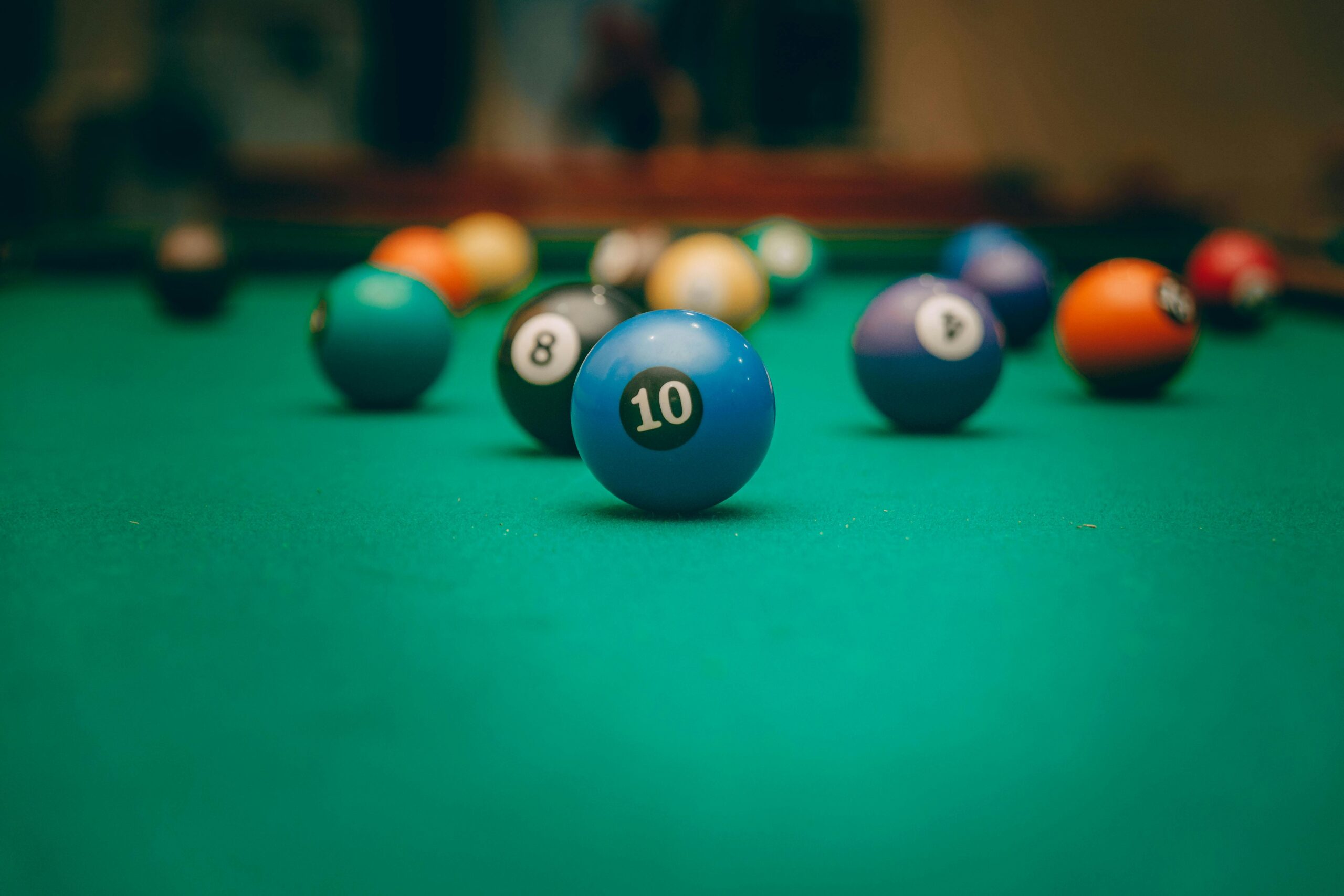Why Social Interaction Fuels Productivity
In the modern workplace, productivity is often framed in terms of tools, tactics, and metrics. But beneath the surface of every high-performing team lies something more fundamental: human connection. Increasingly, thought leaders are pointing to social spaces—not spreadsheets—as critical levers for engagement and output. And few communal activities illustrate this better than the rich, often overlooked world of billiards culture and lifestyle.
Let’s break the ice: this isn’t about just playing pool in the office breakroom for kicks. It’s about rethinking what social interaction really means in our working lives—and how cue sports like billiards offer more than entertainment. They build social connection, camaraderie, and mental agility, all of which contribute to greater productivity.
Billiards and the Revival of Social Spaces
If you dive into the current SERP landscape, you’ll see a growing nostalgia and revival around pool halls and billiard lounges. The article from PunchDrink mourns the decline of classic pool halls—once democratic spaces where class, race, and profession mingled over felt and chalk. Their fading presence is a cautionary tale: remove these connective hubs, and the fabric of community weakens.
Meanwhile, the game nurtures “casual conversation and deep connection,” especially in corporate or lounge environments. Pool becomes an icebreaker, a rhythm setter for workplace friendships that transcend task-based communication.
And this isn’t just romanticism. Billiards is a “timeless blend of strategy and social connection,” and workplaces that integrate recreational culture into their environment consistently report higher satisfaction and performance among employees.
Productivity Isn’t Just Output—It’s Flow
The standard view of productivity—hours worked, emails sent, KPIs hit—is increasingly out of sync with how humans actually thrive. People work better when they’re relaxed, seen, and supported. This is where billiards culture and lifestyle offers a quick winl worth replicating.
The game demands presence, patience, and foresight. You can’t rush a shot. You can’t succeed alone. Every movement builds mindfulness. Billiards has evolved from aristocratic pastime to working-class ritual to modern-day strategy game. And at each stage, it’s brought people together—across status, temperament, and motive.
That social element matters more than ever. Especially in hybrid or remote-first work models, we’re starved for organic interaction. Encouraging even occasional “structured leisure”—like a quick pool match or ping-pong rally—can reduce burnout, foster creative breakthroughs, and deepen team cohesion.
Cueing Up Real Connection
Let’s get honest. No amount of Slack threads or mandatory virtual happy hours can replace genuine in-person meetings. If your organization is trying to drive collaboration and energy without offering spaces for spontaneous human interaction, you’re building on sand.
At The Think Chronicle, we advocate for brave reimagining of office design and work culture. Creating space for play isn’t frivolous—it’s foundational. Just like robust business information management systems optimize your data strategy, creating informal social rituals optimizes your human strategy.
The value isn’t just in the game—it’s in the micro-moments between shots, the unspoken empathy when someone scratches, the laughter that emerges when someone calls a bank shot and totally misses. These are the glue of trust. And trust, not tech, is what powers truly productive teams.
Lessons from the Felt Table:
If you’re a manager or business leader wondering how to apply this, here’s your playbook:
- Design for Leisure, Not Just Utility
Don’t just slap a pool table in the corner. Make it central. Make it part of the culture. Just like Google or Dropbox built rec spaces into their innovation ecosystems, embrace the fact that informal downtime fuels formal output. - Celebrate Micro-Competitions
Friendly in-office tournaments or after-hours meetups around cue sports can be incredibly bonding. They also provide a stage for underrepresented team members to shine outside of conventional roles. - Talk Less, Connect More
Set norms around using breaks for real conversation. No work talk at the table. Let people be people, not just colleagues. This may sound counterintuitive to productivity, but it often opens the door to the kind of collaboration you can’t engineer in a meeting room.
The Culture
Let’s not forget the cultural gravity of billiards. As shown by Delta-13’s chronicle of pool in pop culture, cue sports have shaped and reflected masculinity, rebellion, and artistry for generations. Whether it’s Paul Newman’s cool defiance in The Hustler or the quiet genius of Efren “Bata” Reyes, the sport carries mythic weight.
What this tells us: people are drawn to environments where meaning and mastery intersect. That’s what makes billiards so compelling—not just as a hobby, but as a metaphor for work done well: deliberate, social, and endlessly skillful.
Play Is Not the Opposite of Work
If you take one insight from this article, let it be this: productivity thrives in environments of joy, connection, and flow. Billiards culture and lifestyle is not a nostalgic sideshow—it’s a case study in how shared play builds better teams, healthier minds, and more resilient organizations.
Let’s stop seeing play and professionalism as opposites. Let’s embrace the spaces between effort and ease. Because sometimes, the best way to move forward at work… is to chalk up a cue, line up a shot, and let the conversation follow.

